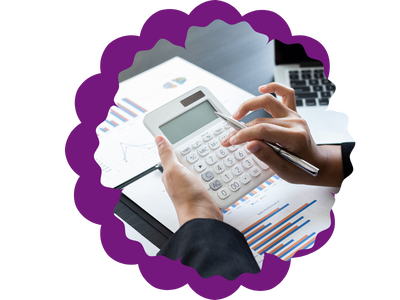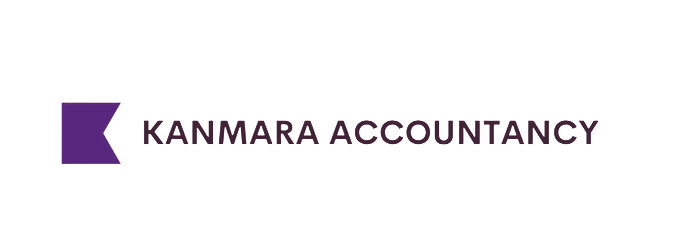 Book a Call
Book a Call


If you individually own a rented property, you must declare the income to HMRC through a self-assessment declaration. Are you aware that even if you are not making any profit from your property business, you must still declare your income to HMRC.

INTEREST RELIEF FOR RESIDENTIAL LANDLORDS:
Landlord accounting is becoming more complex especially with the new changes to the finance cost tax relief. These changes have increased the number of incorrect returns, and investigations from HMRC. Our experienced team can ensure that you remain compliant and on top of any new changes.

JOINTLY OWNED PROPERTY:
If you bought a property with another person, or you are thinking of buying one, you will both need to complete a self-assessment tax return. Occasionally, people who complete their tax returns incorrectly assume that one party can complete the return declaring all the income, and the other person doesn't need to. Both parties are liable for taxation unless they have made a declaration of beneficial interests with HMRC.

INCORPORATED LIMITED COMPANY LANDLORD:
Tax on properties owned via limited companies is quite different, and far more flexible. Once again, you deduct the allowable expenses from the rental income to arrive at the company profits. However, the entire mortgage interest payment is tax allowable and will also reduce the profit, thus decreasing the amount of tax due. You then pay corporation tax rather than income tax on the profits. If you keep the profit inside the company (perhaps to save for another property) then there's no more tax to pay. If you want to take profit out of your company and pay yourself personally, there are three main ways: salaries, dividends, and pension payments, and each one is taxed differently.





